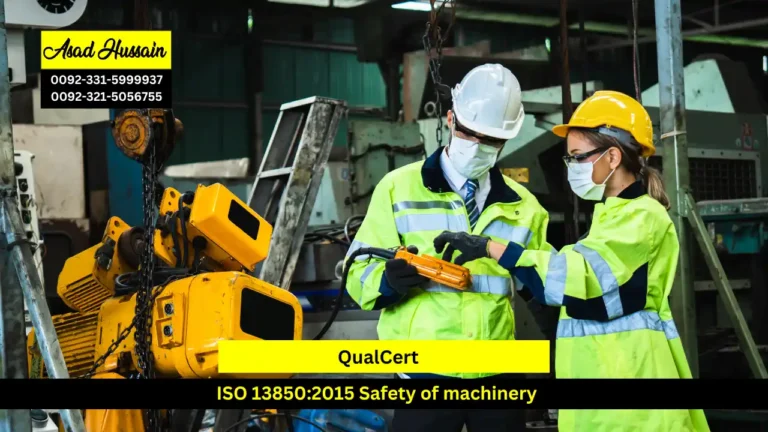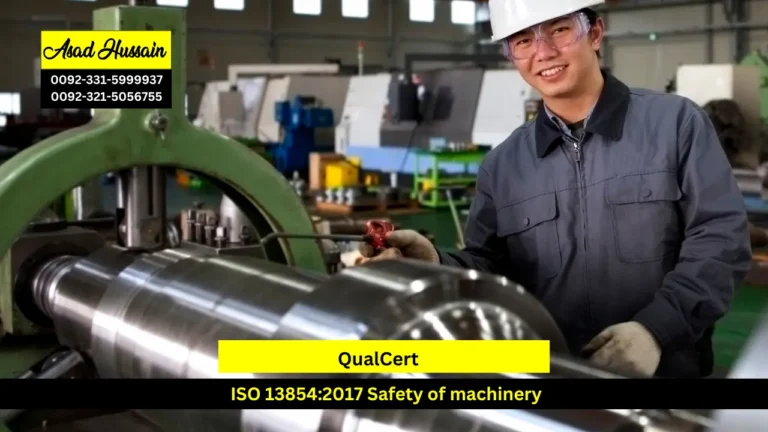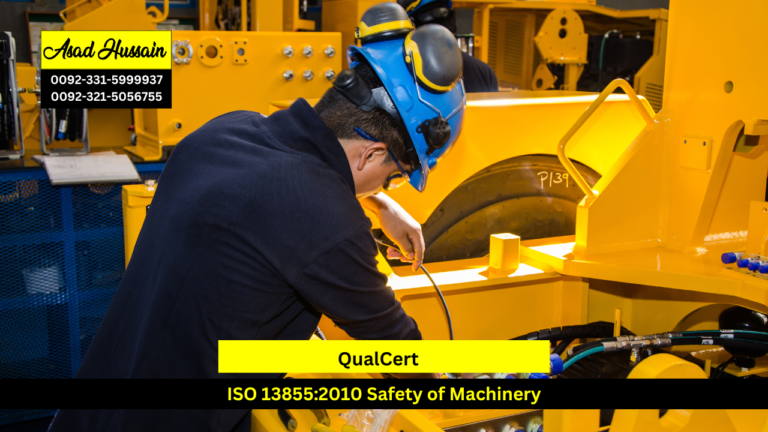In today’s competitive market, ensuring products meet high standards is crucial for business success. Quality Control (QC) plays a pivotal role in this process, ensuring that products are consistent, reliable, and meet customer expectations. For those looking to enter the field of quality control, the Level 1 Award in QC serves as an essential starting point, providing foundational knowledge and skills. Let’s delve into what this certification entails and why it matters.
The Level 1 Award in QC is designed for individuals who are new to quality control or wish to formalize their knowledge in this area. It offers a basic understanding of the principles and practices involved in maintaining product quality
Beyond career benefits, the Level 1 Award in QC fosters personal growth by equipping individuals with problem-solving skills, attention to detail, and a systematic approach to quality improvement. These skills are transferable across various industries, making certified professionals versatile assets in today’s job market.
The Level 1 Award in Quality Control is more than just a certification; it’s a gateway to understanding and implementing essential principles that drive quality in products and services. Whether you’re new to the field or seeking to formalize your expertise, this certification equips you with the knowledge and skills needed to excel in quality control roles. Embrace the opportunity to learn and grow in this dynamic field, where your contributions can make a significant impact on organizational success and customer satisfaction.
Program Highlights
Mandatory Units
- Module 1: Foundations of Quality Control.
- Module 2: Quality Control Tools and Techniques.
- Module 3: Data-Driven Decision-Making.
- Module 4: Practical Applications of QC.
- Module 5: Expert Guidance and Support.
- Module 6: Certification and Career Advancement.
- Educational Background: While there are no specific educational prerequisites for this introductory course, a high school diploma or equivalent are recommended to grasp the course content effectively.
- Language Proficiency: As the course is conducted in English, participants are expected to have a sufficient level of English language proficiency to comprehend course materials, actively participate in discussions, and complete assessments.
- Age Requirement: Participants must be at least 18 years of age to enroll in this course.
- No Previous QC Experience Required: This course is designed to accommodate both beginners and professionals seeking to refresh their knowledge. No prior experience in quality control is necessary.
Foundations of Quality Control
Learning Outcomes:
- Understand the basic principles and objectives of quality control (QC).
- Define the dimensions of quality and their significance in various industries.
- Identify the roles and responsibilities of QC professionals within organizations.
- Recognize the importance of quality assurance (QA) and its relationship with QC.
- Appreciate the ethical and legal considerations in QC practices.
Quality Control Tools and Techniques
Learning Outcomes:
- Gain familiarity with essential QC tools such as checklists, control charts, and Pareto analysis.
- Understand the application of sampling methods and statistical techniques in QC.
- Learn how to interpret and analyze QC data effectively.
- Apply QC tools and techniques to identify and address quality issues.
- Develop skills in creating and maintaining QC documentation.
Data-Driven Decision-Making
Learning Outcomes:
- Acquire knowledge of data collection methods and their relevance to QC.
- Utilize data analysis techniques to make informed decisions in QC.
- Interpret QC data to identify trends, patterns, and potential improvements.
- Apply statistical methods to assess process capability and performance.
- Use data-driven insights to enhance product quality and operational efficiency.
Practical Applications of QC
Learning Outcomes:
- Apply QC principles and tools in real-world scenarios across different industries.
- Solve quality problems systematically using structured problem-solving techniques.
- Implement QC strategies to prevent defects and improve product reliability.
- Collaborate with cross-functional teams to integrate QC into organizational processes.
- Evaluate the effectiveness of QC initiatives and propose continuous improvements.
Expert Guidance and Support
Learning Outcomes:
- Seek and utilize expert guidance to address complex QC challenges.
- Collaborate with mentors and peers to enhance QC knowledge and skills.
- Access resources and networks to stay updated on industry best practices.
- Demonstrate effective communication and teamwork in QC projects.
- Foster a supportive environment that promotes learning and professional growth.
Certification and Career Advancement
Learning Outcomes:
- Understand the importance of certification in validating QC competencies.
- Prepare effectively for certification exams and assessments.
- Explore career pathways and opportunities for QC professionals.
- Develop a personal career advancement plan based on QC certification.
- Demonstrate commitment to continuous learning and professional development in QC.
These learning outcomes aim to equip participants with comprehensive knowledge and practical skills in quality control, preparing them for successful careers and contributions to organizational excellence.
This course is designed for individuals seeking to enter or advance their careers in quality control (QC). It caters to beginners looking to establish a solid foundation in QC principles and techniques, as well as experienced professionals aiming to formalize their knowledge and skills. The course is ideal for quality assurance (QA) professionals, production managers, engineers, and anyone involved in ensuring product quality and process improvement within manufacturing, service, or other industries. It is also valuable for supervisors and team leaders responsible for implementing QC practices, as well as individuals aspiring to gain a competitive edge in the job market through recognized certification and career advancement opportunities in the field of quality management.







